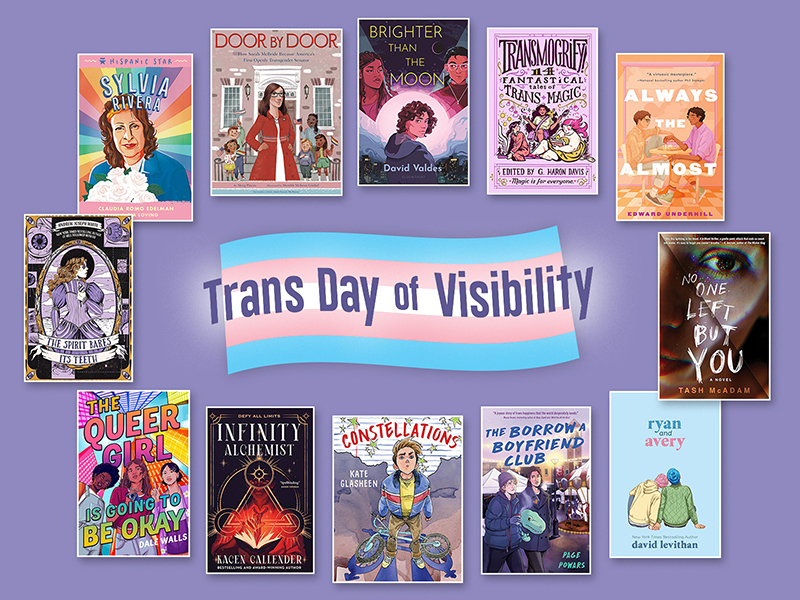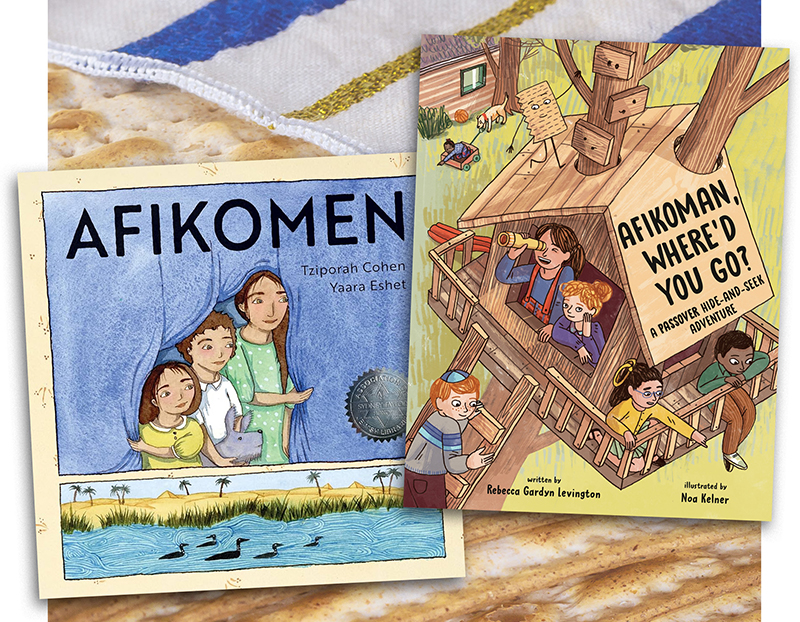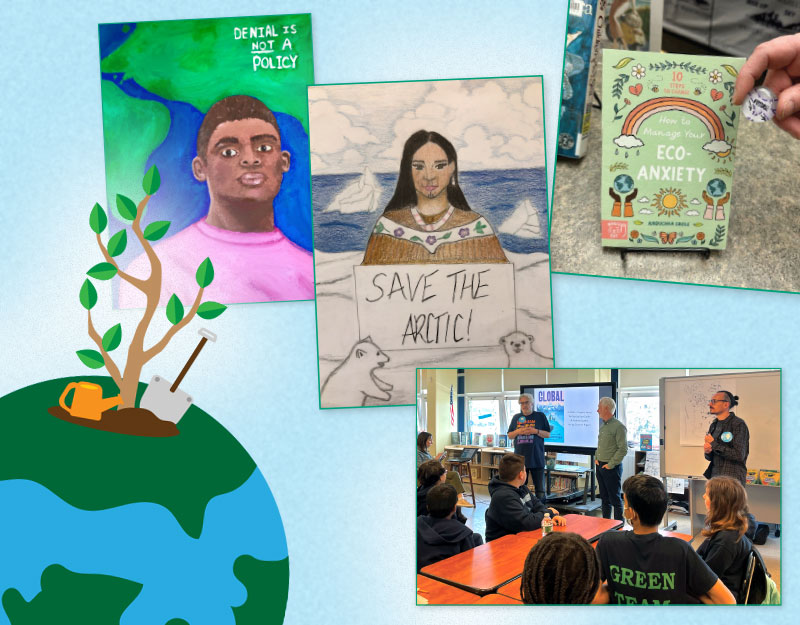SCROLL DOWN TO READ THE POST
Review: Picture Me Gone
Picture Me Gone by Meg Rosoff. G. P. Putnam’s Sons, an imprint of Penguin. 2013. Library copy. National Book Award short list.
 The Plot: Twelve year old Mila and her father, Gil, are in New York, visiting her father’s friend and his family.
The Plot: Twelve year old Mila and her father, Gil, are in New York, visiting her father’s friend and his family.
Or, rather, were supposed to be. Matthew has disappeared, and Mila and her father came anyway, and it is beyond awkward being in the house with Matthew’s wife, Suzanne, and baby son. Suzanne suggests that Matthew may be hiding at his cabin in upstate New York, so these two Londoners set off to see if they can find Matthew.
Mila learns a lot on this impromptu road trip with her father — about Matthew. About her father. About herself.
The Good: OK. Heads up. Two things.
First: I loved this book.
Second: The only way to talk about this book is to talk about the book in its entirety. So, yes, massive spoilers. I feel a bit guilty about that, because part of what I loved about the book is how it is told. Mila tells the story, and she boasts about how clear eyed and observant she is — and she is — but she shares certain information on her own schedule, as she deems it important. And, for all her powers of observation, she can also only tells us what she knows when she knows it.
ADVERTISEMENT
ADVERTISEMENT
Matthew’s disappearance is a mystery, and it’s a mystery that Mila solves, but I wouldn’t call Picture Me Gone a mystery. I wouldn’t add that little label to the spine. Instead, I’d say this is a book about secrets. Secrets kept and told, and what that means. And it’s about the biggest secret of all, that mysterious thing called “growing up.”
So, for me to get into the why I loved this, I want to talk about those secrets and what Mila tells us and when and what Mila discovers.
Mila is twelve. She’s a cherished only child. Her parents have their own lives and own love, so it’s not that she is made too important in their lives. Rather, it’s just important enough. I won’t say she’s spoiled, but she has the self confidence and self assurance that such a child has. And she is observant, and part of that may be because of who her parents are: both over 40 when she was born, her father is now close to sixty. He is a translator, so words and intent matter to him. A mother is a musician. Here, an early look at how Mila thinks: “This picture [of her father’s childhood dog] fills me with a deep sense of longing. Saudade, Gil would say. Portuguese. The longing for something loved and lost, something gone or unattainable.”
Or Mila thinking about how Matthew has disappeared on his family: “The actual running away does not strike me as particularly strange. Most of us are held in place by a kind of centrifugal force. If for some reason the force stopped, we might all fly off in different directions. But what about the not coming back? Staying away is frightening and painful. And who would leave a baby? Even to me this seems extreme, a failure of love.”
Up until the past year, she and her best friend Cat played involved make believe games involving spies and secrets. As Picture Me Gone starts, Cat is no longer her best friend, and instead is hanging out with other, older kids. It’s the start of Mila no longer being a child; and also the start of her beginning her journey out of childhood.
Here is the example of Mila saying what she thinks is important when she thinks it’s important. She mentions Matthew’s disappearance; she talks about Suzanne and the new baby and another son, Owen, who Mila met the last time she was in New York. That first night, Mila is given Owen’s room to sleep in, with all his things around her. At first, given the ages — Owen is a few years older than Mila — I think there is some story of a second marriage.
No. Owen is dead; had died three years before, when he was twelve. Mila says this so matter of fact, as if we knew. But, of course, the reader doesn’t. How Owen dies is also told on Mila’s timeline. It’s not that she was keeping secrets from the reader.
ADVERTISEMENT
ADVERTISEMENT
Talking about secrets — Mila and her father go to Matthew’s remote cabin and discover another secret. An old friend of both Matthew and Gil. A woman, Lynda. Not just any woman: a woman who, for a time, came between the two men. Lynda is with her fifteen year old son, Jake. A woman who Matthew is letting stay in his cabin, someone he sends money to. Mila, observant, quickly picks up on the reality that Jake is Matthew’s son; and that, since Jake is the age Owen would have been, Matthew had gotten both his girlfriend and his wife pregnant at the same time.
And then Mila finds out that it’s not the first time Matthew has disappeared. He disappeared after Owen’s death. In a car accident. Matthew was driving. Secrets and secrets, but so far, they are all other people’s secrets that Mila is discovering. Oh, she sees her father look at Lynda and realizes there was something once, between them. And seeing them, and meeting them, Mila begins to think of herself as someday not being a child. “Who will I grow up to be like? I wonder at what point a child becomes a person. . . . I can’t imagine living a real life, or how I’ll ever be an adult. . . . I cannot picture me grown up. I cannot picture me any different from the me I am now. I cannot picture me old or married or dead.”
Mila discovers another secret, and it shatters her. And the secret — well, basically, it’s a lie. A lie both her parents have told her. A lie that, in all honesty, I don’t see as that big of a deal but to Mila, Mila who is twelve and believes in her parents, Mila who has been so privileged in her type of family: that there is even a lie shakes her faith in everything. Picture Me Gone is about that moment, of realization, of parents not being perfect; of things being bigger than oneself; of not being the center of the universe; and of growing up. “We are all woven together, like a piece of cloth, and we all support each other, for better or worse. Gabriel is just a baby but eventually he will see the world and his father as they are: imperfect, dangerous, peppered with betrayals and also with love.” And it’s not just about seeing the world: it’s Mila realizing that what she does or doesn’t do matters. “I will not always be happy, but perhaps, if I’m lucky, I will be spared the agony of adding pain to the world.” And it’s that realization, as the book ends, that marks Mila leaving childhood.
So, yes. A Favorite Book Read in 2013. It’s amazing, I love Mila, I love the language, I love how and when we are told things. (I wish there were punctuation to be clearer about dialogue, but that’s a minor point.) But, it’s not going to be easy to booktalk this one. Any suggestions?
Other reviews: Teen Librarian Toolbox; Things Mean a Lot; The New York Times.
Filed under: Favorite Books Read in 2013, Reviews
About Elizabeth Burns
Looking for a place to talk about young adult books? Pull up a chair, have a cup of tea, and let's chat. I am a New Jersey librarian. My opinions do not reflect those of my employer, SLJ, YALSA, or anyone else. On Twitter I'm @LizB; my email is lizzy.burns@gmail.com.
ADVERTISEMENT
SLJ Blog Network
Happy Poem in Your Pocket Day!
This Q&A is Going Exactly As Planned: A Talk with Tao Nyeu About Her Latest Book
More Geronimo Stilton Graphic Novels Coming from Papercutz | News
Environmental Mystery for Middle Grade Readers, a guest post by Rae Chalmers
The Classroom Bookshelf is Moving
ADVERTISEMENT
ADVERTISEMENT







